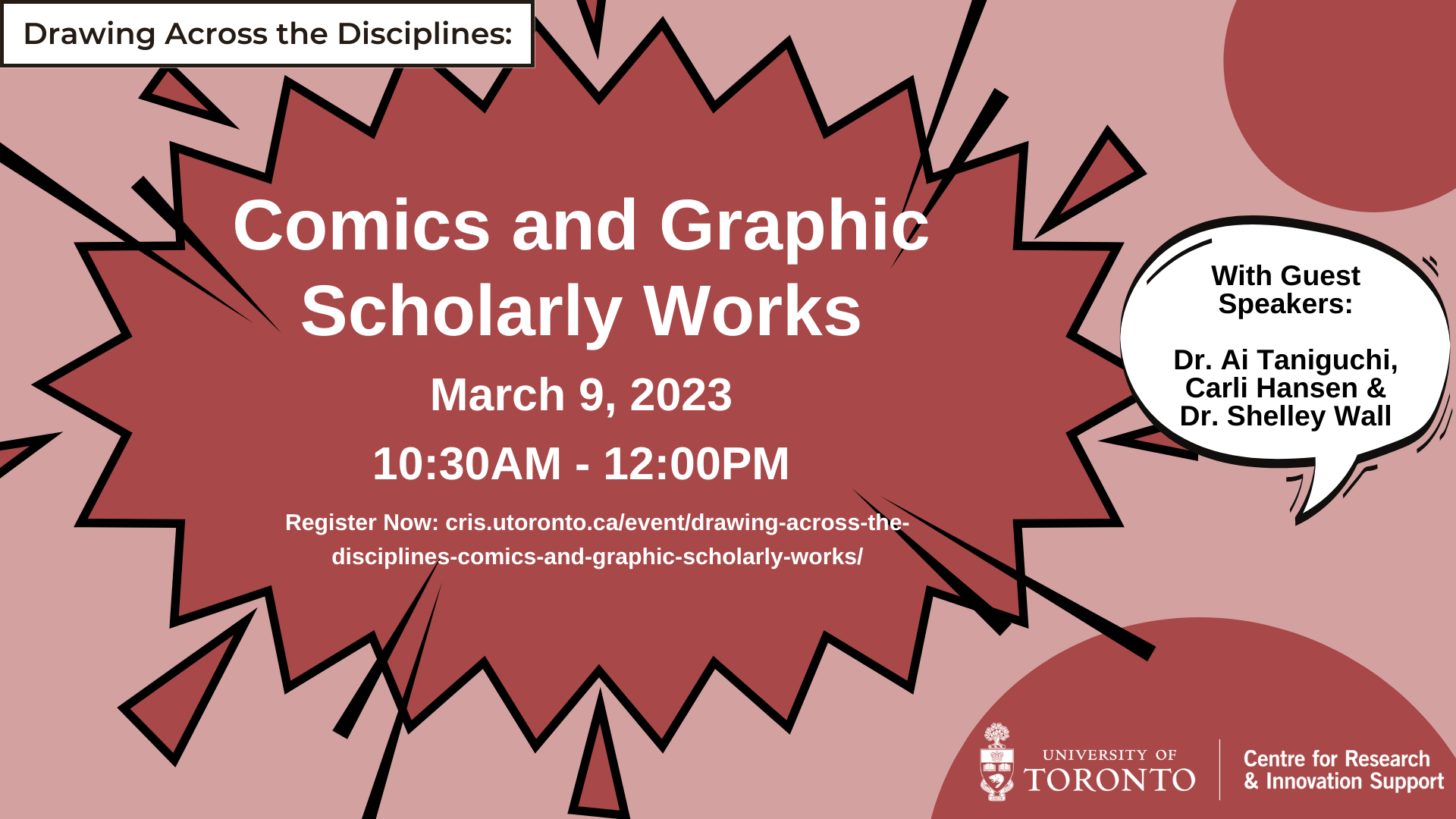BCH2202 – Lecture 5
SciNet Teaching RoomIn this course students will be instructed in how to program in R. Ultimately students will learn how to use R to analyze, process and visualize data. This course is designed for students with little to no experience in programming. This is a graduate course that can be taken for credit by UofT Biochemistry graduate […]


